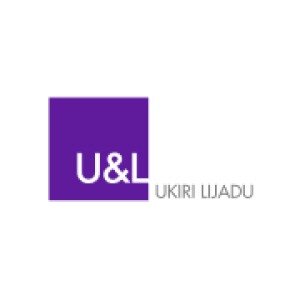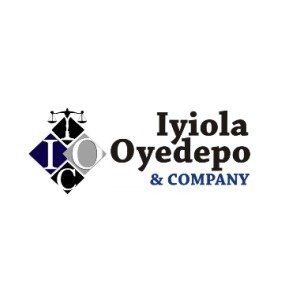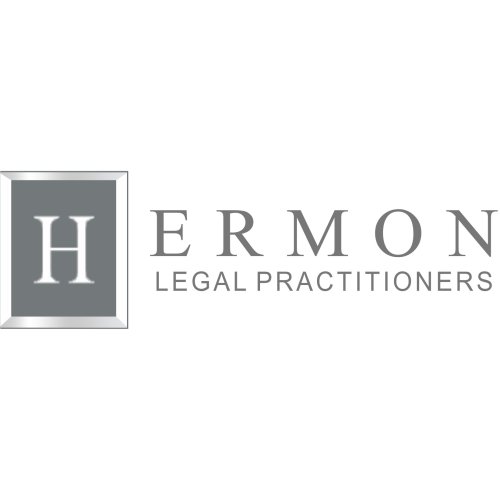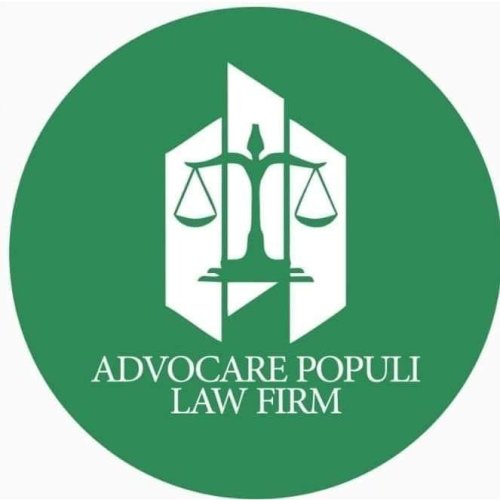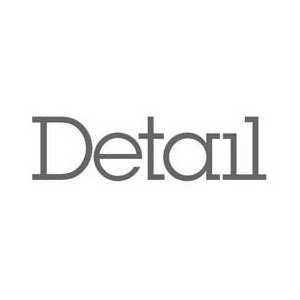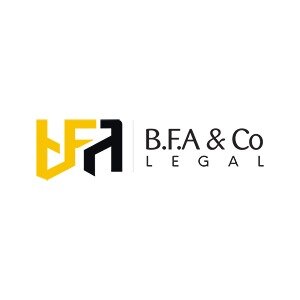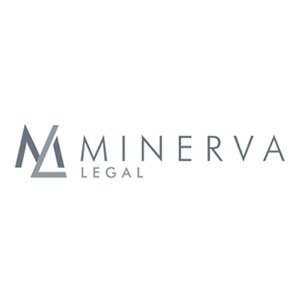Best Renewable & Alternative Energy Lawyers in Lagos
Share your needs with us, get contacted by law firms.
Free. Takes 2 min.
List of the best lawyers in Lagos, Nigeria
Legal guides written by Adeola Oyinlade & Co:
- Procedure and Requirements for Work Permit and Visas in Nigeria
- The Step-By-Step Procedure of How to Apply for Microfinance Bank License Online in Nigeria
- How to Ensure the Smooth Recognition and Enforcement of Foreign Judgments in Nigeria
About Renewable & Alternative Energy Law in Lagos, Nigeria
Renewable and alternative energy law in Lagos, Nigeria, deals with the regulations, rights, and responsibilities surrounding energy produced from renewable resources. These include solar, wind, hydro, biomass, and other non-fossil fuel sources. With the growing need for more reliable and sustainable energy, Lagos has seen a surge in private and public investments in this sector. The legal framework provides guidance on permits, safety standards, incentives, environmental compliance, and dispute resolution among stakeholders.
Why You May Need a Lawyer
There are various reasons why individuals, businesses, or organizations might need legal help related to renewable and alternative energy in Lagos. Common situations include:
- Setting up a renewable energy project and navigating regulatory requirements - Drafting and negotiating power purchase agreements or other contracts - Resolving disputes with contractors, partners, or government agencies - Securing permits and licenses for energy generation or distribution - Ensuring compliance with environmental laws and standards - Accessing government incentives or participating in public procurement - Addressing land use or intellectual property issues related to energy technologies - Managing risk and liability related to clean energy installations - Handling issues in joint ventures or foreign investments in the energy sector - Advising on energy policy changes impacting ongoing or planned projects
Local Laws Overview
Renewable and alternative energy in Lagos is governed by a mix of federal and state laws. Some of the most relevant local regulations include the Lagos State Electric Power Sector Reform Law, which enables private sector participation in power generation and distribution at the state level. The National Electric Power Policy and the Electric Power Sector Reform Act provide the backbone for private and public engagement in the sector, including licensing and regulation.
Environmental compliance is key, as projects must align with the Environmental Impact Assessment Act and Lagos State Environmental Protection Agency requirements. Incentives also exist through federal programs and tax policies to support green energy investment. The Lagos State Government, through its Ministry of Energy and Mineral Resources, also issues additional guidelines for off-grid and microgrid projects.
Frequently Asked Questions
What is renewable and alternative energy?
Renewable and alternative energy refers to power generated from sources that are naturally replenished, such as sunlight, wind, water, and organic materials, rather than from fossil fuels like oil or coal.
Can private individuals or businesses generate their own renewable energy in Lagos?
Yes, private entities can generate renewable energy for their own use or for commercial purposes, but they must obtain proper licenses and comply with all applicable regulatory requirements.
What permits or licenses are required to operate a renewable energy project?
Depending on the scale and nature of the project, you may need a generation or distribution license from the Nigerian Electricity Regulatory Commission, environmental permits, and approvals from the Lagos State Government.
Are there government incentives for renewable energy projects in Lagos?
Yes, both federal and state governments offer incentives such as tax holidays, import duty exemptions, and support programs to encourage investment in renewable energy.
Is environmental impact assessment mandatory for renewable energy projects?
Yes, most renewable energy projects require an environmental impact assessment to ensure compliance with environmental regulations and to minimize negative impacts.
Can I sell the electricity I generate from renewable sources to the public or the grid?
In certain cases, yes. However, you must comply with licensing requirements and contractual arrangements governed by the relevant electricity market regulations.
What should I do if I have a dispute with a contractor or partner?
It is advisable to seek legal counsel experienced in energy law. They can help you resolve the dispute either through negotiation, arbitration, or litigation as appropriate.
Who regulates renewable and alternative energy in Lagos?
At the national level, the Nigerian Electricity Regulatory Commission is responsible. Locally, the Lagos State Ministry of Energy and Mineral Resources plays a significant role.
Are there any legal risks associated with renewable energy investments?
Legal risks may include regulatory changes, land use disputes, contractual breaches, and environmental compliance issues. A qualified lawyer can help assess and manage these risks.
How do I access legal assistance for renewable energy matters?
You can consult with a lawyer or a law firm specializing in energy and environmental law in Lagos. Professional bodies and government agencies can also offer referrals.
Additional Resources
- Lagos State Ministry of Energy and Mineral Resources: Provides regulatory information and guidelines for energy projects - Nigerian Electricity Regulatory Commission: Oversees licensing and regulation of electricity markets - Lagos State Environmental Protection Agency: Handles environmental compliance and assessment - Rural Electrification Agency: Facilitates off-grid and renewable energy projects - Renewable Energy Association of Nigeria: Industry body offering advice, seminars, and networking - Nigerian Investment Promotion Commission: Offers investment guides and information on incentives
Next Steps
If you are considering undertaking a renewable or alternative energy project in Lagos, or if you are facing legal issues in this sector, your first step should be to gather all relevant information about your project or concerns. Document your goals, timelines, and any communication with partners or regulatory bodies. Next, consult with an experienced lawyer specializing in renewable and alternative energy law. They can advise you on your rights, regulatory compliance, potential incentives, and the best approach to handle any disputes or challenges. You can reach out to local law firms, professional associations, or request referrals from relevant government departments to find a suitable legal expert for your needs.
Lawzana helps you find the best lawyers and law firms in Lagos through a curated and pre-screened list of qualified legal professionals. Our platform offers rankings and detailed profiles of attorneys and law firms, allowing you to compare based on practice areas, including Renewable & Alternative Energy, experience, and client feedback.
Each profile includes a description of the firm's areas of practice, client reviews, team members and partners, year of establishment, spoken languages, office locations, contact information, social media presence, and any published articles or resources. Most firms on our platform speak English and are experienced in both local and international legal matters.
Get a quote from top-rated law firms in Lagos, Nigeria — quickly, securely, and without unnecessary hassle.
Disclaimer:
The information provided on this page is for general informational purposes only and does not constitute legal advice. While we strive to ensure the accuracy and relevance of the content, legal information may change over time, and interpretations of the law can vary. You should always consult with a qualified legal professional for advice specific to your situation.
We disclaim all liability for actions taken or not taken based on the content of this page. If you believe any information is incorrect or outdated, please contact us, and we will review and update it where appropriate.






